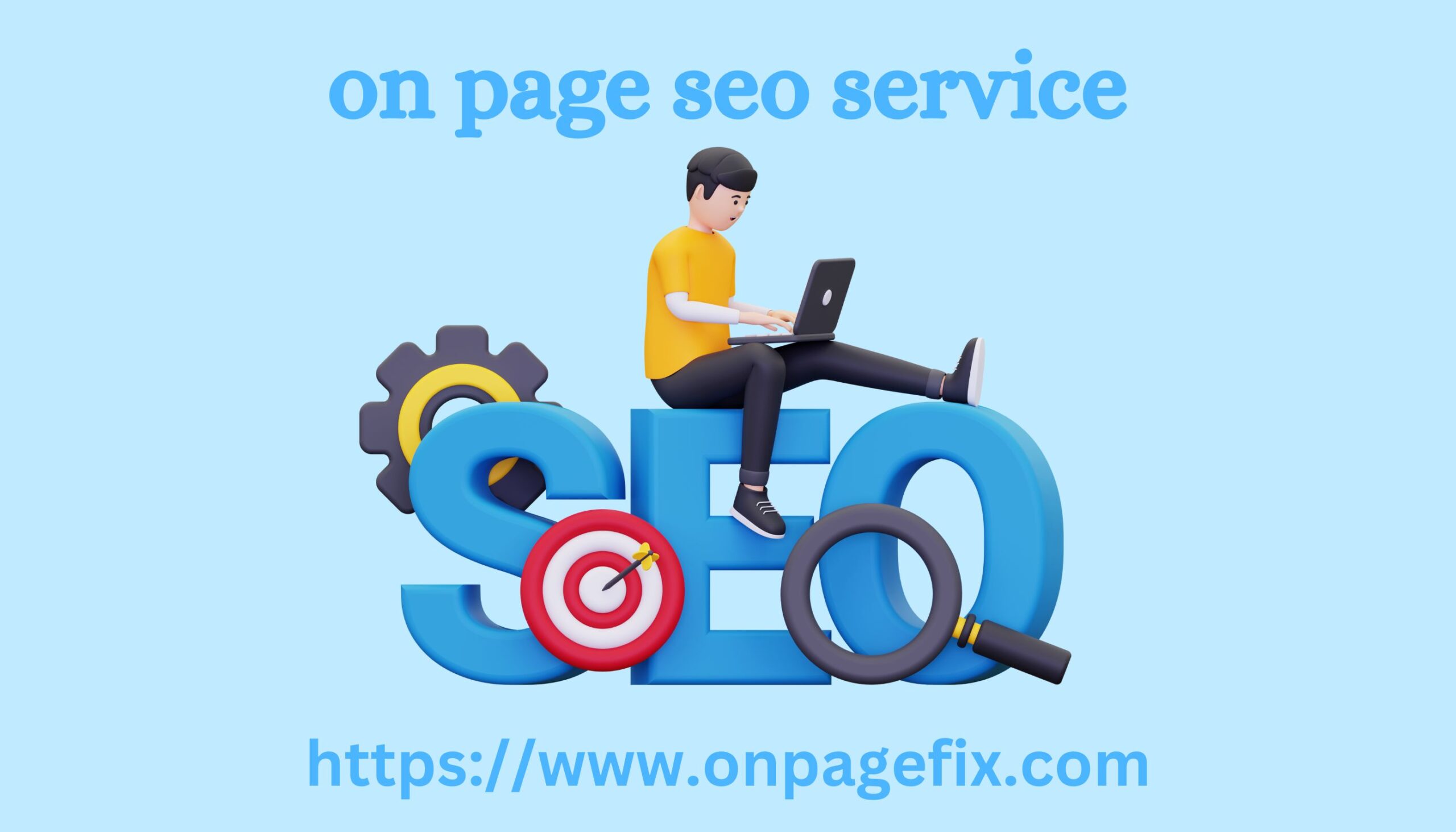Business conferences today are not just meetings, but powerful platforms for sharing experiences, establishing contacts and generating new business ideas. In a rapidly changing world where competition is reaching unprecedented heights, participation in such events is becoming a necessity for every professional. In this article, we will consider what conference organizers need to know, what problems they face and how to solve them. You will learn about the latest trends in event organization, popular conference formats and the secrets of successful promotion.
What a Business Conference Organizer Needs to Know
Organizing a successful business conference requires careful preparation and consideration of many factors. Let's look at the most important ones.
Target Audience: Defining the target audience is the foundation of a successful event. Understanding the needs and interests of the participants will help to formulate the program, select speakers and choose a suitable venue. To do this, it is necessary to conduct a detailed analysis:
Professional Affiliation: What industry do potential participants work in? What level do they have?
Interests: What topics are they most interested in? What problems do they want to solve?
Experience of participation in similar events: What are the expectations of the participants from the conference?
Selecting a Topic and Format: The conference topic should be relevant and interesting to the target audience. When selecting a topic, consider:
Industry Trends: What are the hot topics being discussed right now?
Knowledge Gaps: What knowledge and skills do participants need to advance professionally?
Competition: What topics have already been covered at other conferences?
The conference format can be different: one-day or multi-day, offline or online, with a narrow specialization or a broad coverage of topics. The choice of format depends on:
Target audience: What format do they prefer?
Budget: What financial possibilities do the organizers have?
Conference objectives: What results are planned to be achieved?
Selecting a Venue and Time: Selecting a venue is an equally important decision. When choosing a conference location, you need to consider:
Convenience for participants: Accessibility of transport, availability of parking, proximity to hotels and restaurants.
Technical capabilities: Availability of the necessary equipment for holding presentations, video conferences and other events.
Capacity: The venue must be large enough to accommodate the expected number of participants.
The optimal time to hold a conference depends on several factors:
Seasonality: Avoid vacation periods and holidays.
Competition: Check to see if there are other major events scheduled for your chosen date.
Participant Convenience: Consider the work schedules of potential participants.
Budgeting: Creating a realistic budget is the key to a successful conference. It is important to take into account all possible expenses:
Rental of the site: Payment for the rent of the premises, equipment and services of technical personnel.
Speaker fees: Payment for services of invited experts.
Marketing and Advertising: Costs to promote the event.
Organizational expenses: Payment for contractors’ services, printing, meals for participants, etc.
To find sponsors, you can contact companies working in the same industry as your conference. Sponsorship can be either monetary or in-kind (provision of equipment, services, etc.).
Problems faced by business on page seo service conference organizers
Problems faced by business event organizers
Organizing a conference is a complex process associated with various difficulties. Let's look at the most common problems.

Attracting participants: One of the main tasks of the organizers is to gather the maximum number of participants. To do this, it is necessary to develop an effective marketing strategy that includes:
Create an attractive offer: A unique program, famous speakers, special offers for early registration – all this can attract participants.
Using various promotion channels: Social networks, email newsletters, affiliate programs, advertising in thematic publications.
Community Building: Building a community around the conference will help increase attendee loyalty and ensure repeat attendance.
Selecting Speakers: Selecting interesting and authoritative speakers is a key factor in the success of the conference. When selecting speakers, pay attention to:
Topic Relevance: The speaker should be an expert in his or her field and offer relevant information.
Charisma and communication skills: Engaging presentations will help keep the audience's attention.
Willingness to collaborate: The speaker must be prepared to interact with the organizers and participants.
Organizational difficulties: Organizing a conference involves solving many organizational issues:
Site selection: Finding a suitable location based on technical requirements and budget.
Paperwork: Preparation of contracts with contractors, obtaining permits to hold the event.
Logistics: Organization of transfer for participants, hotel accommodation, meals.
Technical issues: Ensuring uninterrupted operation of equipment, Internet connection, etc.
Marketing and promotion: In a highly competitive environment, conference promotion requires a creative approach. It is necessary to use various marketing tools:
Social networks: Creating special pages for the conference, holding competitions and surveys.
Content Marketing: Development of informative materials such as articles, videos, podcasts.
SEO optimization: Increasing the visibility of the conference website in search engines.
Affiliate programs: Cooperation with other companies and bloggers.
By addressing these challenges, organizers will be able to host a successful conference that will benefit both participants and organizers.